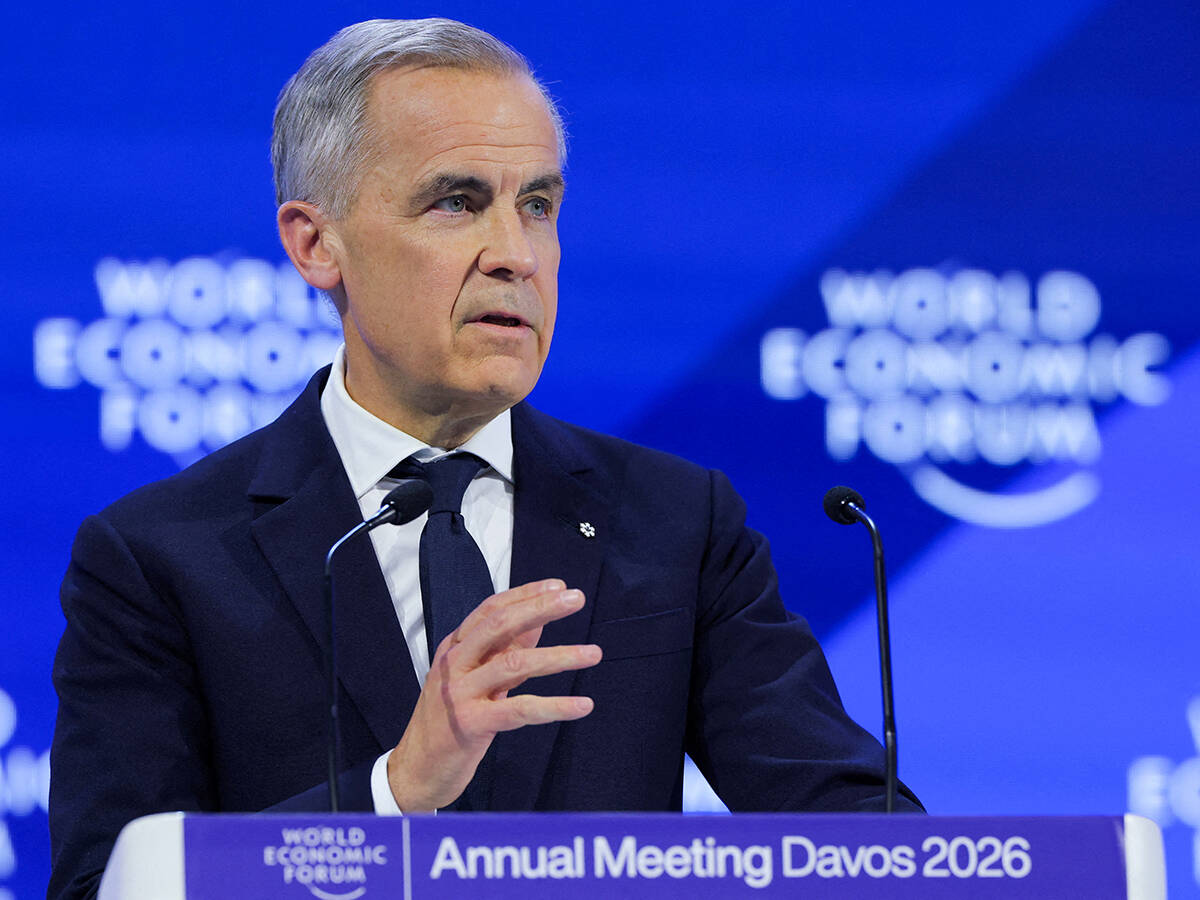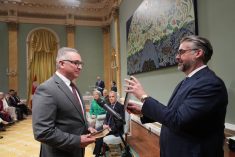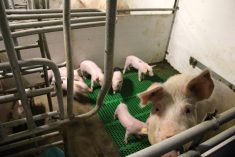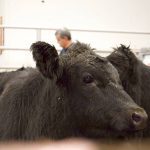As the politics of this U.S. election year heat up, the chances of Congress debating — let alone passing — either of the White House’s marquee trade deals continue to melt away.
Oh, there’s plenty of talk about the westward-looking Trans-Pacific Partnership and the Euro-centred Transatlantic Trade and Investment Partnership, or TPP and TTIP, respectively. Most of the yakking, however, flows from Obama administration officials. Nary a word trickles out of Congress.
Worse than Capitol Hill silence is the vocal pounding free trade takes when any of President Obama’s would-be successors talk trade.

Bernie Sanders, a Democrat by name but socialist by heart, makes it crystal clear that he would rather eat glass than back “free” trade.
Hillary Clinton, who three years ago called the TPP “exciting,” “innovative,” and “ambitious,” now sees it as an agreement that has “failed to provide the basic safety net support needed” for American workers. Take that as an “innovative” no.
And The Donald? He’s against TPP because, as he noted in one Republican debate this spring, “It’s a deal that was designed for China to come in, as it always does, through the back door…”
China, however, is not part of the Trans-Pacific Partnership, so whatever Trump meant must have been more of a “suggestion” than a fact. Whatever.
Even chatted-about vice-presidential candidates are split on the White House’s trade deals. Ohio’s Sen. Sherrod Brown, a possible Clinton veep candidate, is an outspoken critic of all past and most future trade deals.

Another mentioned Clinton running mate, U.S. Secretary of Agriculture Tom Vilsack, is Brown’s opposite, a strong supporter of both TPP and TTIP who can’t leave his Washington, D.C. office or American shores without offering a quick sermon on the virtues of free trade.
The typical Vilsack sermon leans more on free trade law than free trade gospel: American farmers and ranchers have a birthright to sell whatever they can wherever they can. As such, groups like the American Soybean Association (ASA) hold every farm state member of Congress and every USDA boss accountable for any hiccup in ag export sales.
The ASA made that hard line perfectly clear — again — in a toughly worded April 11 letter to Vilsack and U.S. Trade Representative Michael Froman. It was really more of a to-do list for the administration to complete before, ASA implied, it would bless any TTIP deal with the European Union.
Read Also

Canadian agriculture has to back up diverse trade if it wants it
Cheap and easy access to U.S. trade is a relic of the past and market diversification is expensive: What’s Canadian agriculture to do?
Some of the problems TTIP needs to resolve, ASA wrote, centre on the need “to reform or eliminate the EU’s significant non-tariff trade barriers” like its current “approval process for new biotechnology,” its “arbitrary restrictions on imports of U.S. soy-based biodiesel and biodiesel feedstocks,” and its “trade-constraining biotech labelling requirements…”
Talking ag biotech rule changes with the EU is like talking wish lists with Santa Claus: It’s foolish not to ask for the moon, but only a fool would expect it.
ASA and Vilsack, however, are neither fools nor foolish. They now see TTIP as an opening to impose a “working biotech approval system” on the EU, a phrase ASA used in an April 8 letter to Vilsack that pressed hard for him to lean on the “EU Commission” to approve “three biotech soybean products.”
Big Ag’s big push for the pending trade deals is understandable given the two changed realities of today’s election year politics.
First, even as we lean on the EU to alter its biotech food rules, the U.S. Senate still can’t agree on how to write a biotech food labelling law here. Members know the tide has turned on labelling; 89 out of 100 Americans want it. Majority Republicans, however, don’t and they continue to search for a way to be anti-labelling without becoming anti-incumbents.
Second, not one presidential contender sees free trade as a vote-winning issue.
Taken together, it’s hard to see how any trade deal goes anywhere this year. After that, you have to take the word of Hillary or Bernie or Donald. Well, maybe not Donald. Or Hillary.
Bernie’s solid, though.
The Farm and Food File is published weekly throughout the U.S. and Canada. farmandfoodfile.com

















